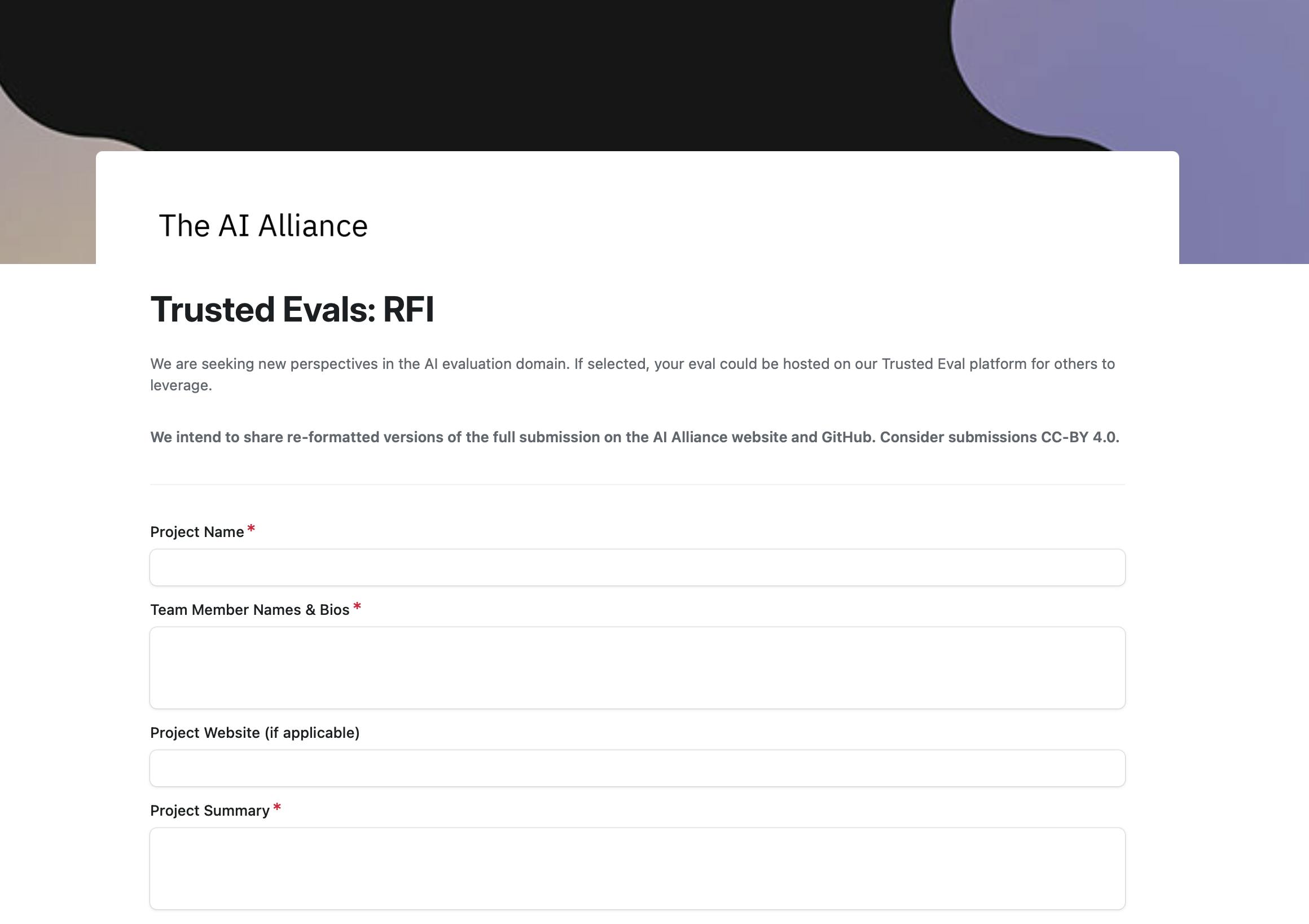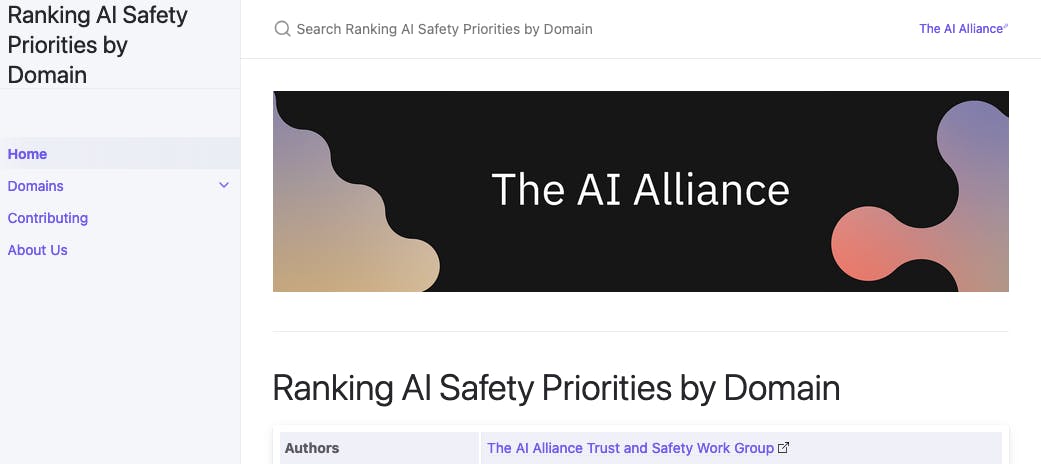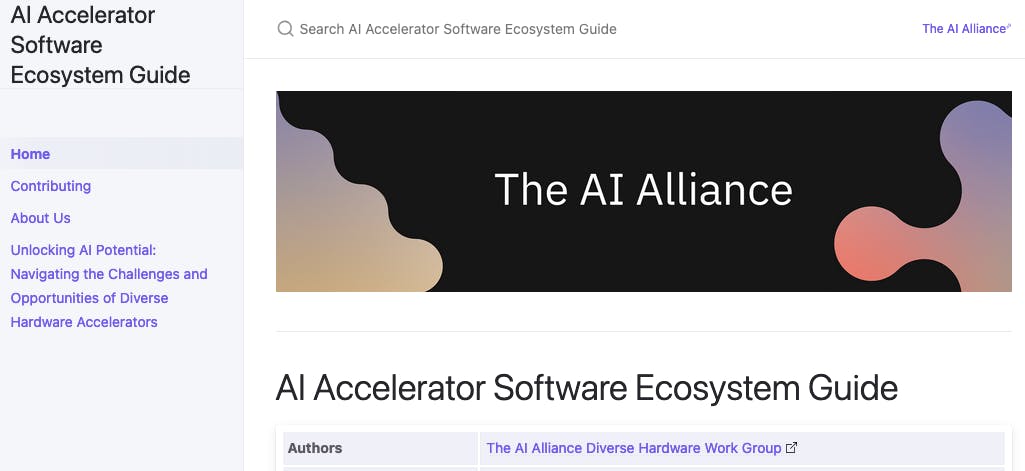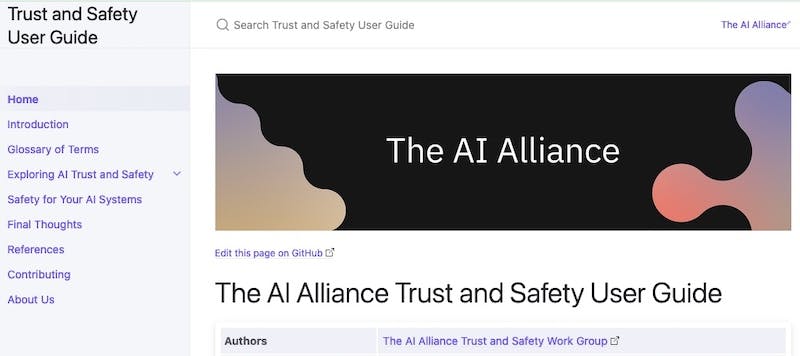
The State of Open Source AI Trust and Safety - End of 2024 Edition
We conducted a survey with 100 AI Alliance members to learn about the state of open source AI trust and safety for 2024. This blog post highlights key findings on AI applications, model popularity, safety concerns, regulatory focus, and gaps in current safety practices, while also providing an overview of notable open-source projects, tools, and research in the field of AI trust and safety.


